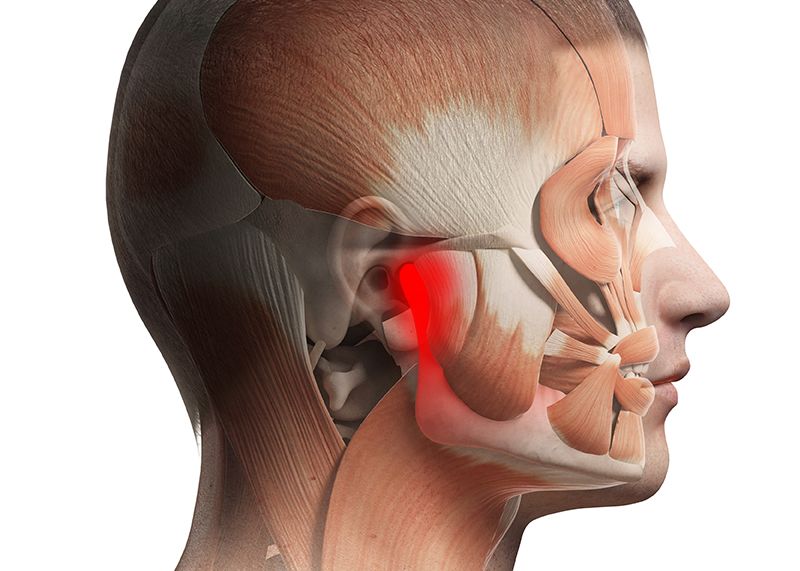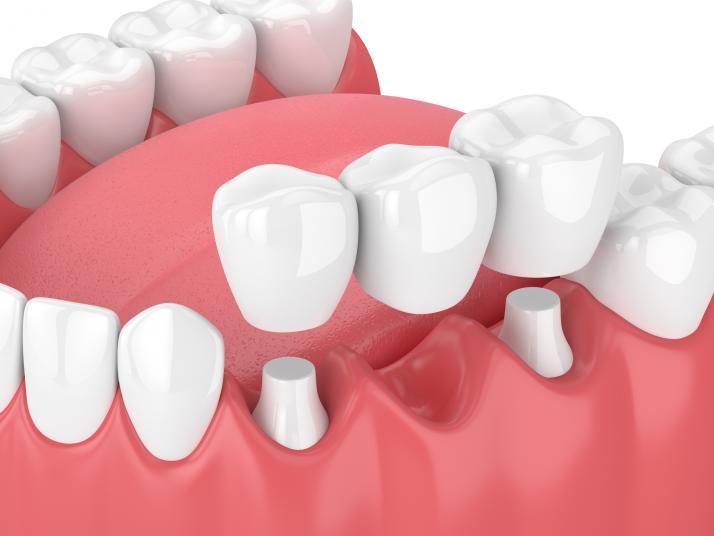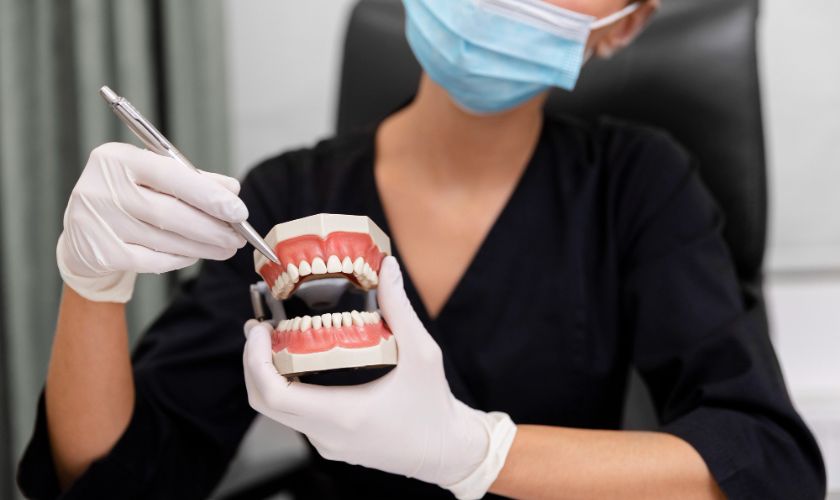Dentures have been a reliable solution for replacing missing teeth for centuries, offering functionality and aesthetics to those with tooth loss. Over the years, denture technology advancements have revolutionized how dentures look, feel, and function. This informative blog will explore the latest advances in denture technology, providing valuable insights into the innovations that have transformed this age-old dental solution.
Improved Materials And Aesthetics
One of the most significant advances in denture technology is using improved materials that closely resemble natural teeth and gums. Modern dentures are made from high-quality acrylic resins and porcelain, creating a more natural appearance and a comfortable fit. These materials allow for better color matching, resulting in dentures that seamlessly blend with the remaining teeth and enhance the overall aesthetics of a smile.
Digital Denture Design
With the introduction of digital denture design, the entire process of creating dentures has become more precise and efficient. Digital scanning and 3D printing technologies enable dentists to capture accurate impressions of the mouth, ensuring a more comfortable fit and improved functionality for the patient. Additionally, digital design allows for better customization, catering to each individual’s unique needs and preferences.
CAD/CAM Technology
Computer-Aided Design/Computer-Aided Manufacturing (CAD/CAM) technology has significantly impacted denture fabrication. This technology streamlines the denture creation, enabling dental professionals to design, mill, and adjust dentures in-house. CAD/CAM dentures are more accurate and require fewer adjustments, reducing the patient’s overall time and number of dental visits.
Implant-Supported Dentures
Implant-supported dentures are a groundbreaking advancement that offers unparalleled stability and confidence to denture wearers. Dental implants are surgically placed into the jawbone, acting as sturdy anchors for the dentures. This secure attachment prevents slipping, enhances chewing efficiency, and eliminates the need for denture adhesives. Implant-supported dentures have transformed the lives of many, providing a near-natural feel and function and a more youthful appearance.
Snap-In Dentures
Snap-in dentures, also known as overdentures, combine the benefits of traditional dentures with the stability of dental implants. These dentures “snap” onto strategically placed dental implants, offering better retention and stability than conventional dentures. Snap-in dentures are a comfortable and cost-effective option for those seeking an improved denture experience.
Flexible Dentures
Flexible dentures are a newer alternative to traditional rigid dentures. These dentures are made from a pliable, lightweight material that conforms to the mouth’s contours, providing enhanced comfort and reduced irritation. Flexible dentures are an excellent choice for patients with sensitive gums or a history of denture-related discomfort.
Digital Bite Analysis
Digital bite analysis is another cutting-edge technology that aids in creating well-fitting dentures. By using computerized bite analysis, dentists can ensure that the dentures properly align with the patient’s bite and function harmoniously with the remaining natural teeth. This advanced approach enhances comfort and reduces the risk of complications associated with an incorrect bite.
The Bottom Line
The latest advances in denture technology have transformed the landscape of dental solutions for tooth loss. From improved materials and aesthetics to digital design and CAD/CAM technology, modern dentures offer enhanced comfort, functionality, and aesthetics. Implant-supported and snap-in dentures have revolutionized the denture experience, providing patients with stable, long-lasting solutions. Flexible dentures and digital bite analysis further contribute to the comfort and precision of dentures, ensuring a tailored fit for each individual.
If you’re considering dentures as a tooth replacement option, staying informed about the latest advancements and discussing the available options with your dentist is essential. By leveraging these innovations, you can find a denture solution that meets your unique needs and restores your smile with confidence and comfort. Embrace the benefits of the latest denture technology and unlock a new level of oral health and well-being.










